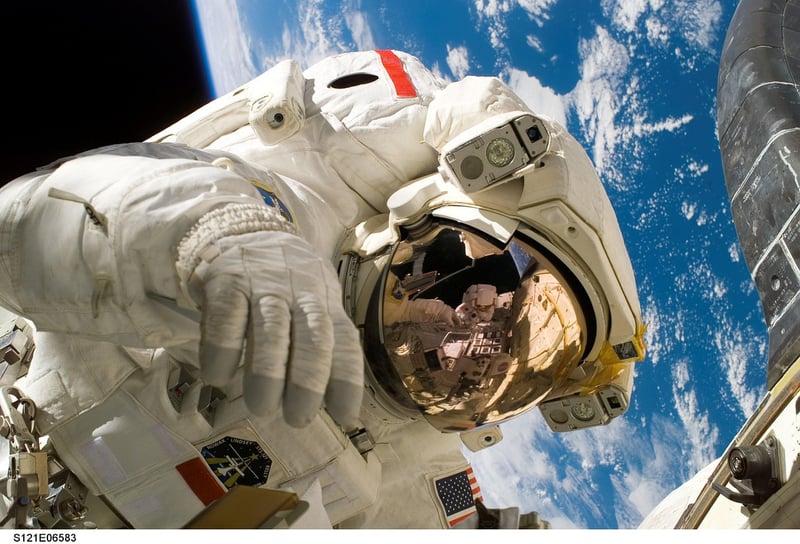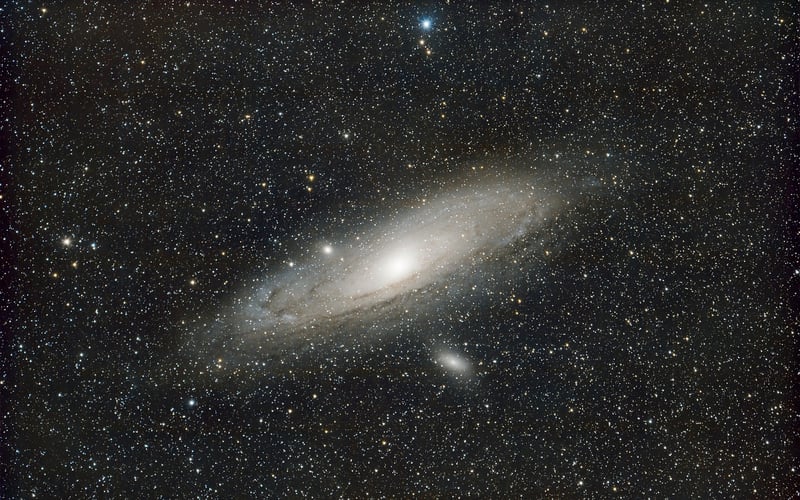Future Exploration
Exploring Different Eras and Future Exploration
The Past
Throughout history, humanity has always been driven by the desire to explore and understand the world around us. From the ancient civilizations of Egypt and Mesopotamia to the Age of Exploration led by figures like Christopher Columbus and Vasco da Gama, each era has been marked by significant discoveries and advancements.
Ancient Civilizations
Ancient civilizations such as the Egyptians, Greeks, and Romans made remarkable advancements in various fields, including architecture, mathematics, and philosophy. Their exploration of science and culture laid the foundation for future generations to build upon.
The Age of Discovery
The Age of Discovery, spanning the 15th to 17th centuries, saw European explorers setting sail to distant lands in search of new trade routes and knowledge. This era led to the discovery of the Americas, the circumnavigation of the globe, and the exchange of goods and ideas between continents.
The Present
In the modern age, exploration has taken on new forms, from space exploration to deep-sea diving. Scientists, researchers, and adventurers continue to push the boundaries of what is known and explore the depths of our oceans and the vastness of outer space.
Space Exploration
With advancements in technology, humans have ventured beyond Earth to explore the moon, Mars, and beyond. Organizations like NASA and SpaceX are working towards the goal of sending humans to Mars and establishing a presence on the red planet.
Deep-Sea Exploration
Exploring the mysteries of the deep sea has also been a focus of modern exploration. Submersibles and underwater drones have allowed researchers to discover new species, underwater ecosystems, and geological features that were previously unknown.
The Future
Looking ahead, the future of exploration holds endless possibilities. From advancements in artificial intelligence and robotics to the potential for interstellar travel, the next era of exploration promises to be both exciting and challenging.
Interstellar Travel
Scientists and researchers are exploring the possibility of interstellar travel, which would involve sending spacecraft to other star systems beyond our solar system. Concepts like warp drive and solar sails are being studied as potential methods for achieving this ambitious goal.
Advancements in AI and Robotics
Artificial intelligence and robotics are playing an increasingly important role in exploration. Autonomous rovers, drones, and spacecraft equipped with AI systems can navigate hostile environments and conduct research in places where human presence is limited or not possible.
Conclusion
Exploration has been a defining characteristic of humanity throughout history, driving us to seek out new horizons and expand our understanding of the world. As we look towards the future, the spirit of exploration continues to inspire us to push the boundaries of what is possible and explore the unknown.
Let's continue to embrace the spirit of exploration and venture into new frontiers, both here on Earth and beyond.


